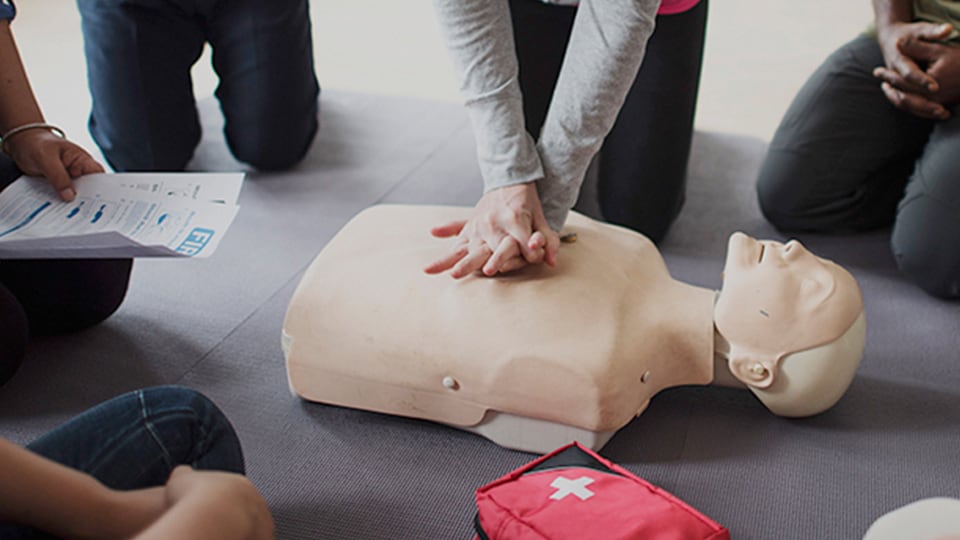At a glance
Practical skills are self-help and life-saving skills and lessons that you can learn (often easily), teach to others, and practice every day to prepare and protect your and others' health. Most practical skills do not require special certification or formal training to perform, but you do need education.

The Basics
- Learn the right way to wash your hands. Handwashing is one of the best ways to protect yourself, your family, and others from getting sick.
- Learn how to use a portable generator safely to prevent carbon monoxide poisoning.
- Learn how to create and store an emergency water supply.
- Learn how to perform cardiopulmonary resuscitation (CPR) and how to use an automated external defibrillator (AED) until help arrives. If performed in the first few minutes of cardiac arrest, CPR can double or triple a person's chance of survival.
- Learn personal nonpharmaceutical interventions to help slow the spread of respiratory illnesses.
Content Source:
Office of Readiness and Response
